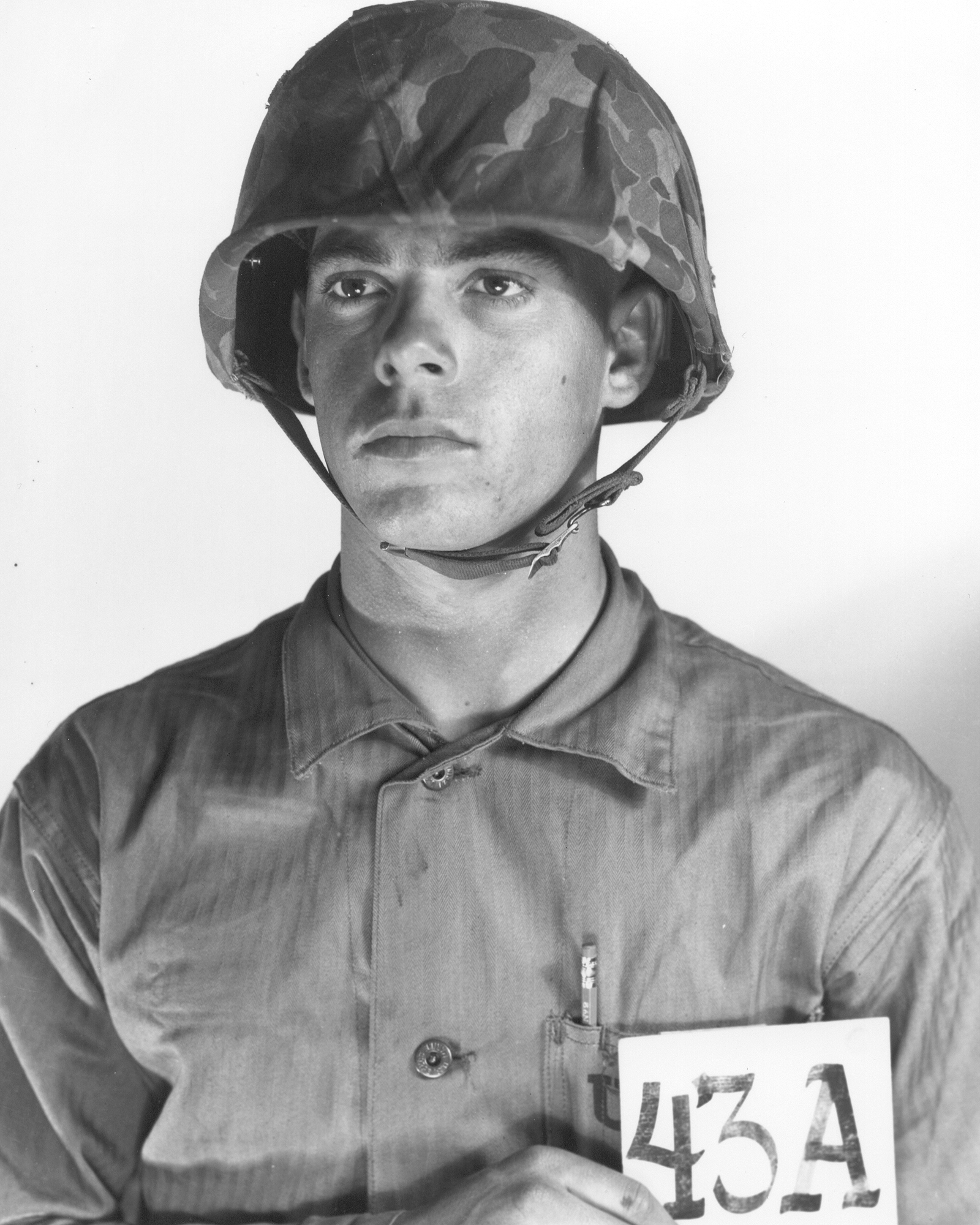In a military park in Fort Leavenworth Kansas near the Buffalo Soldier Monument, there is a pedestal monument with a bust of a female army officer. Bronze and triumphant, a strong and confident face looks to the future from a place of silent reverie. Lieutenant Colonel Charity Adams, the first African American female officer in the Army’s Women’s Auxiliary Corps represents the contributions of the 6888 Central Postal Directory Battalion.
Referred to as the “Six Triple Eight,” this unit consisted of African American and Hispanic women of color who were tasked during WWII by the US Army to solve a specific problem; a multi-year backlog of parcels, packages, and letters sent to and from the European theater. Over 7500 pieces of mail contained addresses such as Robert Smith or ‘Junior, US Army’, and that was barely a dent.
For anyone who has never been in the military, especially during times of conflict, it is very important to understand what mail represents to a deployed service member. Imagine having no contact with anyone for months except for the people around you. No access to shops, no creature comforts. All of this while experiencing more horror and trauma on a single day than most people do in a lifetime and doing so every day.
When a convoy comes through carrying the mailbag, and you are handed a letter, which inside still smells like home or your significant other, there are not words to properly describe a sense of motivation, relief, and joy.
Therefore, it is with great love and respect that we remember these seldom mentioned women and their tireless efforts. The 6888 was the only all-female, almost all African American unit operating in theater, and they did not lack for challenges from their white and male counterparts.
Aside from being constantly ordered about during a time before Civil Rights in the US in exactly the ways you would think, the Army designated them a ‘Colored / Negro’ unit, which brought more hostility and attention. At one point, a chaplain even began ordering some of the women to go to the chapel instead of their place of duty to make them AWOL. Adams put a quick end to that foolishness.
Assigned to Birmingham, England, as well as Paris and Rouen, France, their unit motto was “No Mail, Low Morale.” US Army command had sent them in to clear the backlog and improve the lives of the warfighters on the front line, clearly understanding the importance of giving people a good to fight for.
The women of the 6888 worked in often filthy conditions; broken down, rat infested old aircraft hangars, rooms with no heat or ventilation and busted out windows. They were given six months to clear an estimated 17 million pieces of mail in these surroundings in England, with poor addresses, damaged parcels, letters stacked to the rafters.
At one point a white general told a white officer to “show them how to do it right.” Then Major Adams responded “Sir, over my dead body, sir!”
They cleared the assignment in three months, then reorganized the structure of how mail was stored and delivered.
In Rouen, France, because Military Police from the WAC were not allowed firearms, they used Jiu Jitsu to keep out “unwanted guests.” Give that image a moment or two to sink in.
Three more years of mail were cleared between May and October 1945.
Off to Paris, the 6888 reduced its numbers due to the war coming to an end on the eastern front. They found themselves in luxury for the first time, staying in a well-appointed Parisian hotel and being treated much better by the locals than by their fellow soldiers.
The war over and their mission done, the remaining 6888 were sent home to Fort Dix, New Jersey, where with little celebration or recognition, the unit was disbanded in February of 1946.
As a young country, it is easy for Americans to have a long memory, however a long memory is not always a complete one. Vital to our national identity and history of our great service men and women is that we remember, recognize, and repeat the deeds of those that come before us. We must hold in our memories all things great and small done by all people on behalf of what must be a great and grateful nation.



%201.svg)









